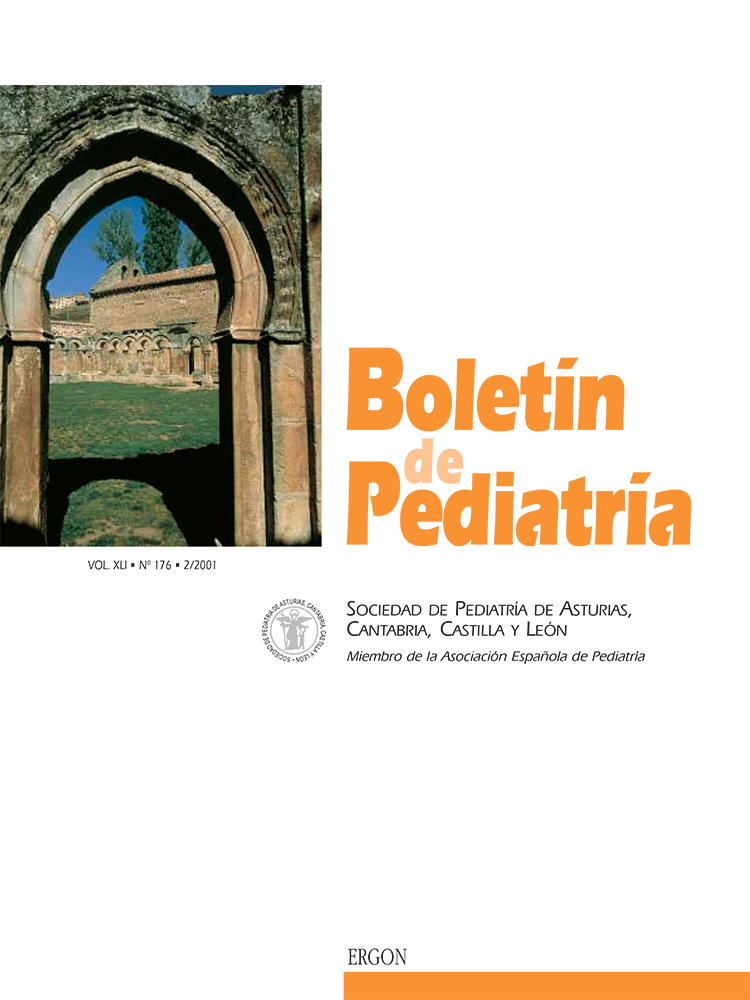Abstract
Abstract Major Ambulatory Surgery (MAS) is an organizational model of patient care for those who require surgical care, whether it is performed with general, local, regional anesthesia or sedation, and who require short-duration postoperative care with limited complexity. Thus, these patients do not require hospital admission and can be discharged a few hours after the surgery. Surgical pathology in children requires short-duration interventions in 60-70% of the cases, with little red blood cell loss and low surgical risk. Applying the general criteria of the MAS in children is carried out with relative facility, since 80% of the patients do not present associated diseases. The objectives of MAS can be defined in social, health care and economic ones. As the hospitalization time decreases, the family environment is less altered and there is greater psychosocial comfort. With adequate information, the family anxiety decreases and their collaboration improves. From the health care point of view, a decrease in nosocomial infection, early recovery of the patient in somatic and psychological aspects as well as less time on the waiting lists have been demonstrated. From the economical point of view, when the hospital stay is decreased, the economic costs are decreased and there is better use of the resources.

This work is licensed under a Creative Commons Attribution-NonCommercial 4.0 International License.
Copyright (c) 2001 Boletín de Pediatría
